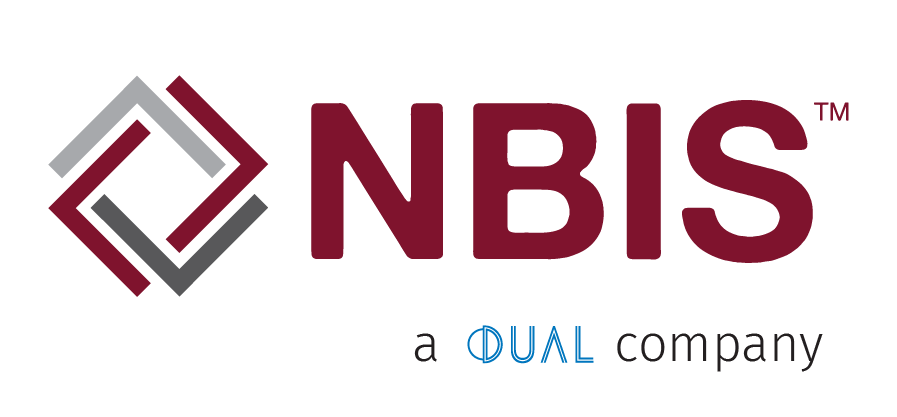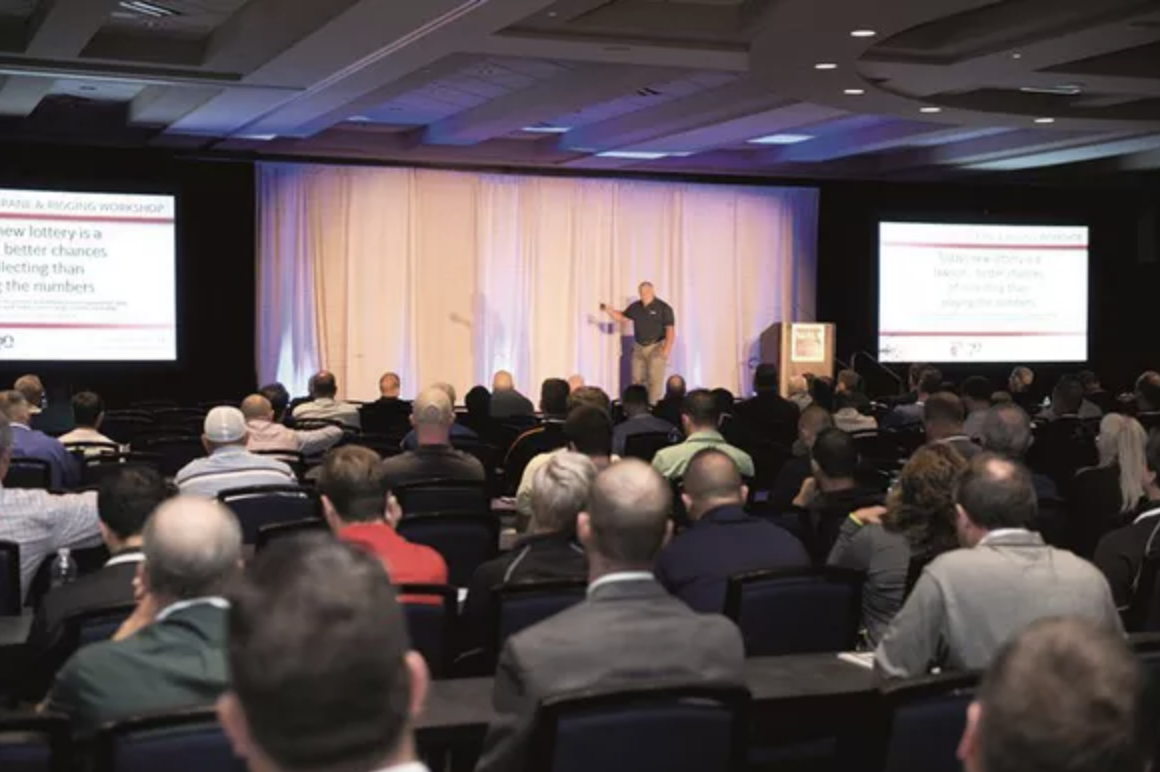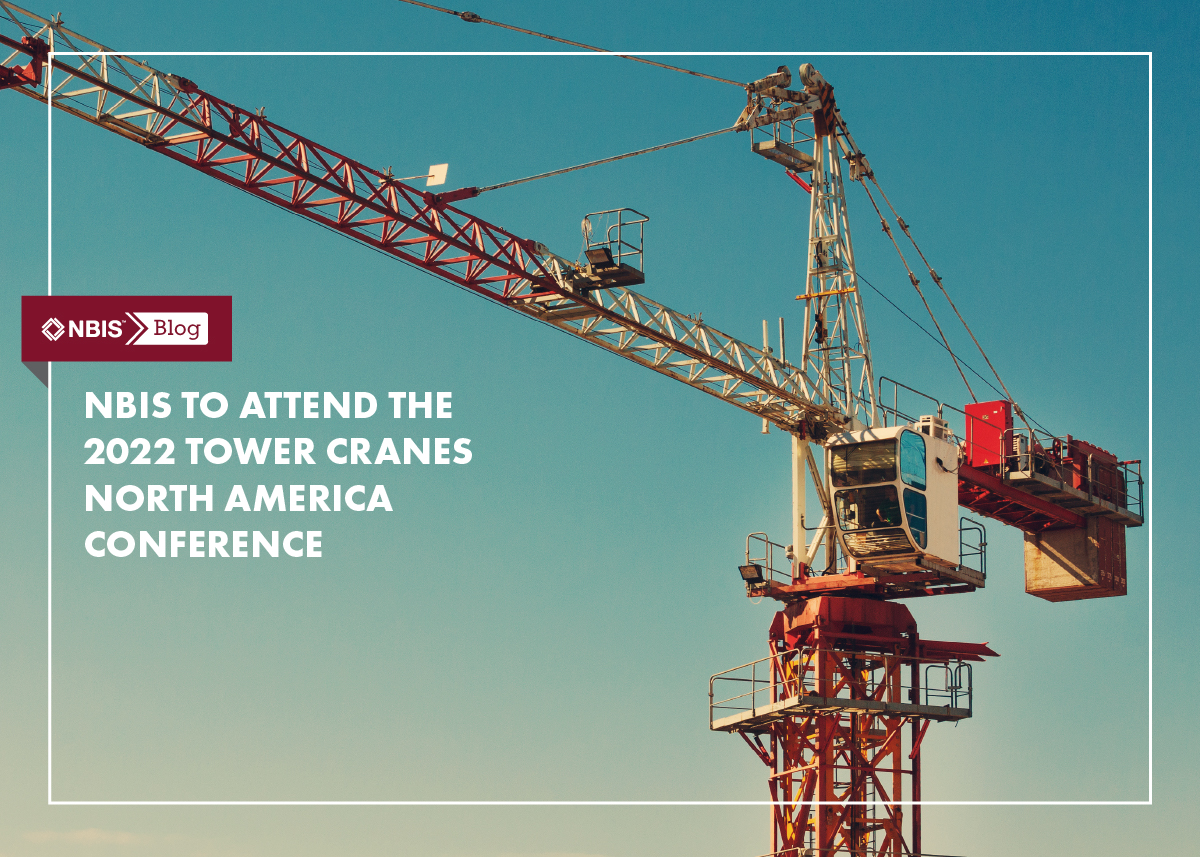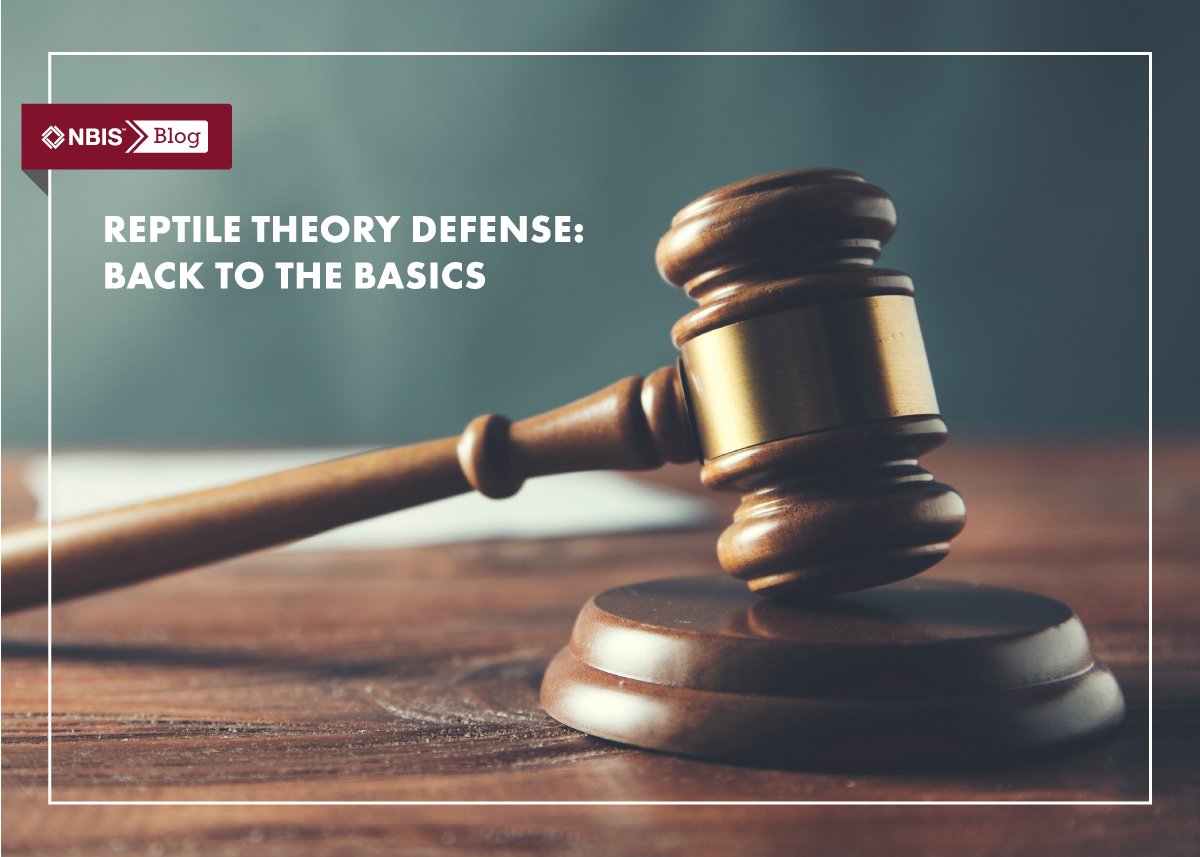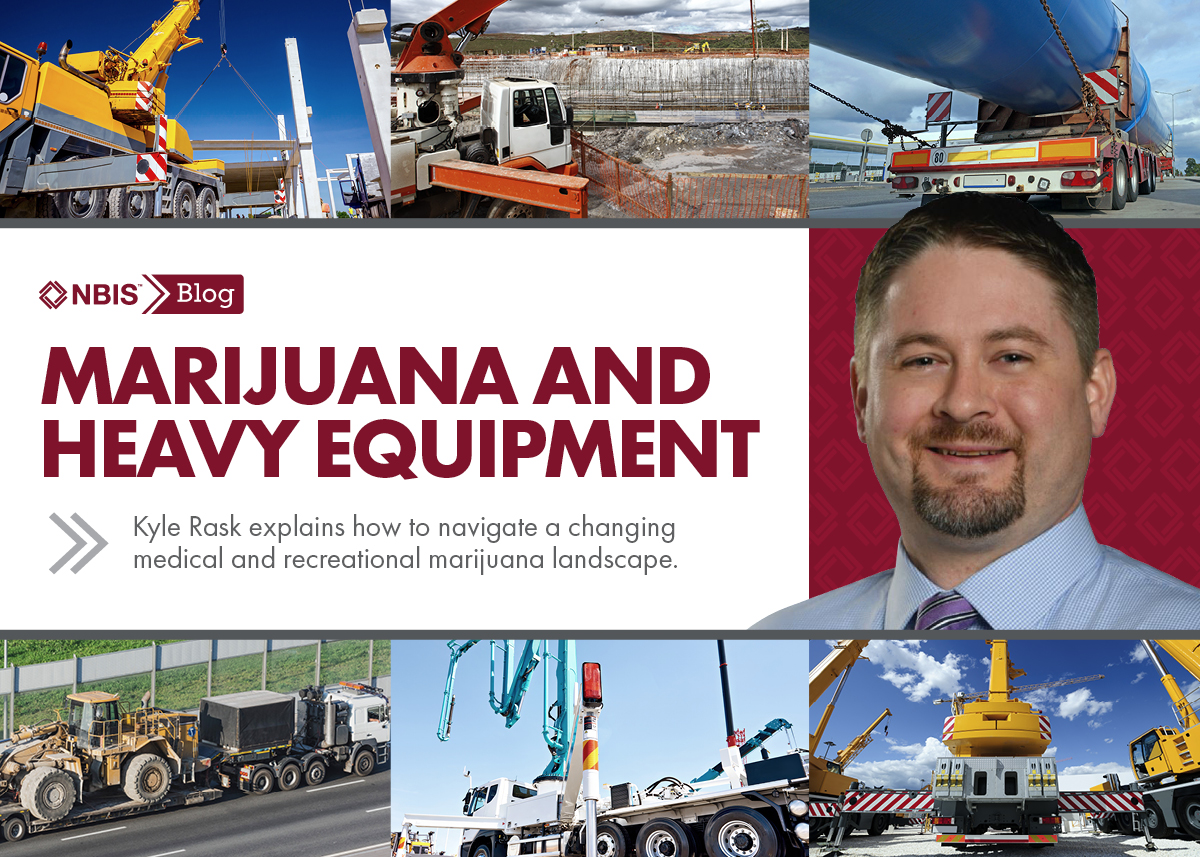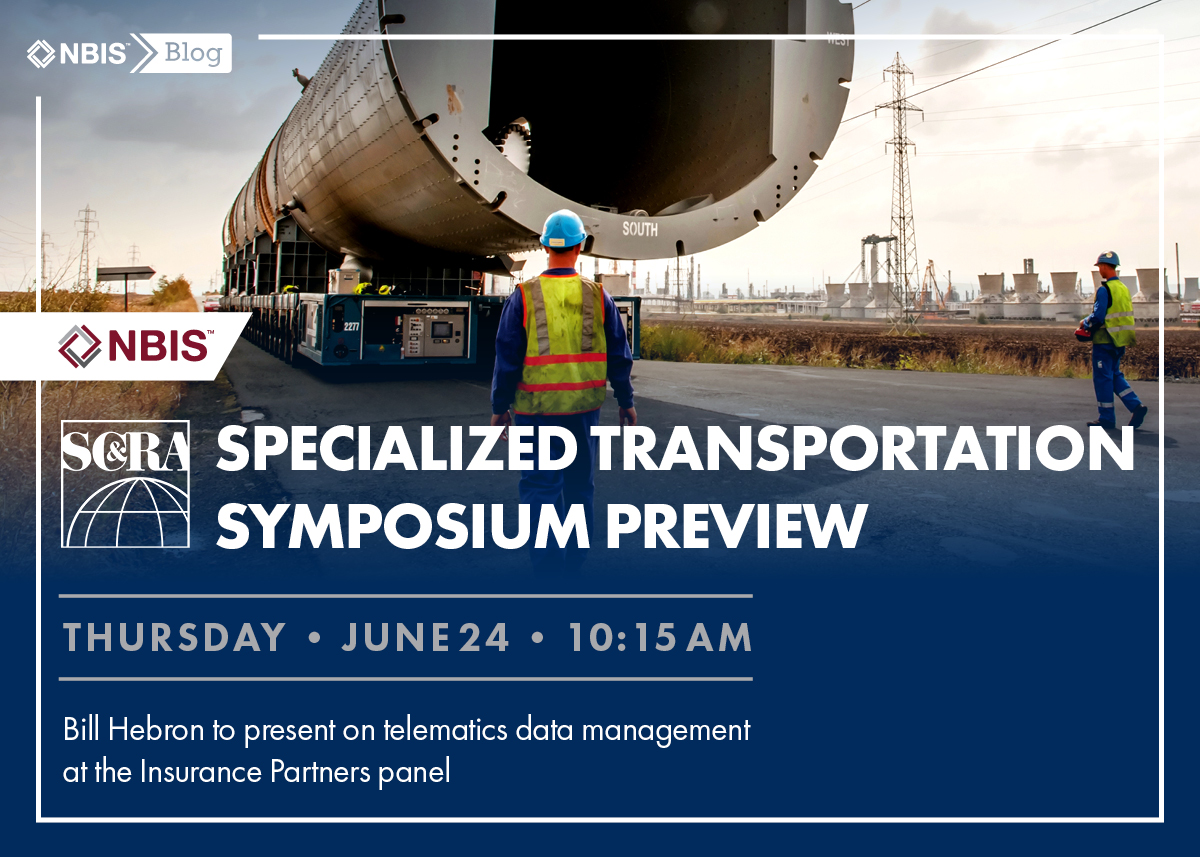At the Specialized Carriers and Rigging Association’s (SC&RA) 2018 Crane & Rigging Workshop held in Louisville, KY in September, I gave a presentation titled: “Practical Ways to Protect Your Company from Lawsuits and Large Settlements.” The presentation was built on the premise that people today have a better chance of winning money in a construction-related lawsuit than by playing their local Lottery.
With aggressive plaintiff attorneys chumming the waters by placing relentless television and billboard ads, and with the very real threat of nuclear verdicts, crane, rigging and heavy transport companies may be at more risk of a lawsuit now than ever before. Scary, right? The logical question, then, is this: How do you protect and defend your company in such a litigious environment?
“That’s the way we’ve always done it.”
Doing something because it’s the way you’ve always done it is a surefire way to guarantee you’re not doing everything you can to protect yourself, especially when it comes to the language in your rental agreement – the first line of defense for you and your employer. Having the right language in your rental agreement can literally mean the difference between paying an outrageous amount of money in a lawsuit and transferring your risk to the liable party. If you did nothing wrong, why should you have to pay to defend yourself and satisfy the costs associated with liability? Furthermore, why should you have to pay to defend your customer if you truly did nothing wrong?
The answer is simple: you shouldn’t. But companies end up paying for accidents they didn’t cause all the time – and at least some of those payments could have been avoided by doing something as easy as changing the language in their daily rental ticket.
I know what you’re thinking. You’re thinking, “Why should I change my ticket since it’s working for me now?” or “No one will sign my ticket if I change it.” I know. I’ve heard it all before. But the reality is that what’s working for you now might not work for you later (when it’s really needed: during a contentious lawsuit) and someone will sign your ticket because the work needs to get done. So what changes need to be made?
“Words matter, so change them.”
You may have noticed that many contracts have indemnity language which reads that a company will indemnify the lessor for any incident “arising out of” work done by the lessee (you). This can be problematic. The general consensus is that the phrase “arising out of” should be tightened up by using language such as “originating from”, “growing out of”, “flowing from,” or “done in connection with” – meaning: change the phrase “arising out of” to something that requires some causal connection to the injuries suffered but does not require proximate cause in the legal sense.
Train and document
Training and documentation are keys to success both in continuing to educate your employees to prevent accidents and injuries and to protect your company from the tactics that will be used against you in a third party claim. For instance, hiring a CDL driver and thinking that you are done will only get you into trouble. Training is lifelong learning and you as an employer have an obligation to provide it and document it, not doing so gives them a great platform to show your company in a bad light, don’t let that happen.
If we’ve learned anything as an industry over the years, it’s that we need to continue adapting. Standards and laws are constantly changing, and so is technology, so making sure that you’re doing all you can to protect yourself from a contractual standpoint isn’t just smart, it’s necessary.
As we come to the end of the year, look back on what’s occurred over the last 11 months and ask yourself what might have changed if you had a different contract. While you’re at it, assess how much training you’ve done and whether or not you need to do more.
As always, feel free to contact me, or any member of the risk management experts at NBIS, to learn more about changes you can make to your rental agreement. Contract management is just one of the many ways NBIS is different. To learn about the myriad other differences, please call 877.860.RMSS or visit us online at www.nbis.com.
